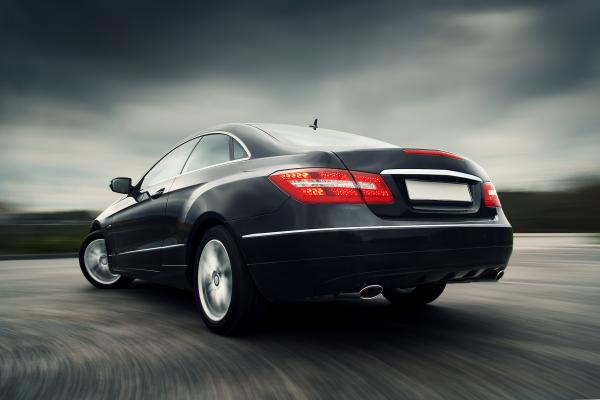
—
The Virginia Supreme Court ruled that a lawsuit challenging police collection of license plate information can move forward. The ruling in the case, Neal v. Fairfax County Police Department, is being hailed as a victory for individual Fourth Amendment rights against illegal search and seizure, as well as a victory for privacy advocates. The lawsuit specifically deals with the issue of automatic license plate information collection and automated license plate readers. Representing a Virginia resident, the American Civil Liberties Union (ACLU) argued that this type of data collection represents a violation of the Fourth Amendment rights of drivers in the state, and the Virginia Supreme Court agreed.
Chesapeake, Virginia criminal defense attorney Kristen Shannon emphasized that the Virginia Supreme Court’s decision could have significant implications across the state: “Anyone who has been stopped or searched as a result of previously stored data from automatic license plate information collection should consider whether their Fourth Amendment rights have been violated. Moving forward, the ruling importantly emphasizes individual privacy rights in the state and the right to protect personal information from police collection and storage.”
The automated license plate readers (ALPRs) at issue typically are mounted on police patrol cars, and they take thousands of photos of drivers’ license plate numbers every hour. Those photos are then used to compare the license plate and the vehicle with lists of stolen cars or vehicles used in the commission of crimes. In addition to recording the license plate number, the photos from the automated license plate readers also provide data about the place the photo was taken—and thus where the vehicle was located—as well as the time the photo was taken. As such, the automated license plate readers provide information about where a specific vehicle was at a particular time. All of that information then gets stored in a database.
While other states in the country have specific laws that limit the amount of time that license plate data can be stored, Virginia does not currently have such a law in place. While proposed legislation reached the desk of then-Governor Terry McAuliffe in 2015, which would have limited the amount of time to seven days, McAuliffe vetoed the bill. Virginia does currently have a law known as the Government Data Collection and Dissemination Act (“Data Act”), which clarifies that personal information “shall not be collected . . . unless the need for it has been clearly established in advance.” In addition, in 2013, then-state attorney general Ken Cuccinelli said that data from a license plate reader “may not be lawfully collected” unless it was directly connected to a criminal case.
However, in 2016, Fairfax County Circuit Court Judge Robert J. Smith indicated that a driver’s license plate number does not constitute “personal information” and “does not tell the researcher where the person is, what the person is doing, or anything else about the person.” In response, the ACLU appealed.
The Virginia Supreme Court made clear that if there is a link between the data collected through the ALPRs and the vehicle’s owner, then the Data Act prohibits the collection and retention of that personal information “without any suspicion of criminal activity.” The case has been remanded to the lower court for new consideration in light of the Virginia Supreme Court’s ruling.
Release ID: 349301

